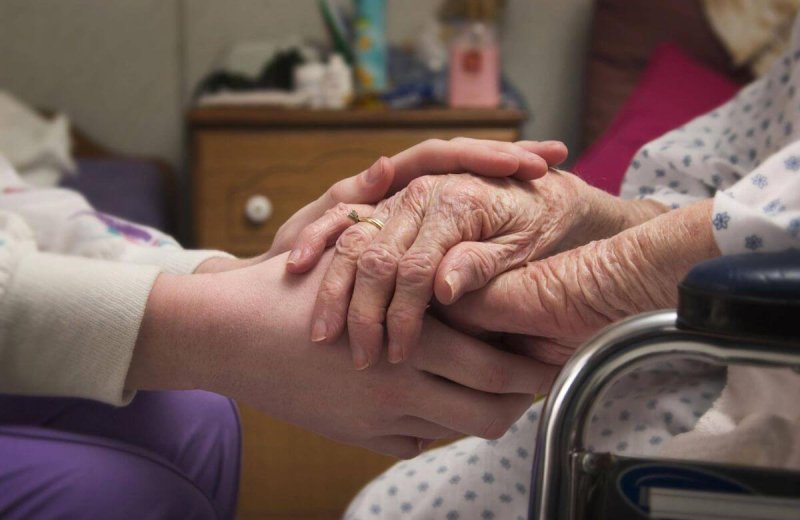At SfN 2019, we interviewed Li-Huei Tsai, director of the Picower Institute for Learning and Memory in the Department of Brain and Cognitive Sciences at the Massachusetts Institute of Technology, on the topic of her fascinating research, which explores the effects of modulating brain rhythms in Alzheimer’s disease.
…
Li-Huei Tsai (LT): …Historically, people who work on disease tend to focus on molecules or pathology or genes but the idea we had is that all these molecular and cellular events converge at a systems level to avert functionality of the brain. We found that a particular network activity known as gamma oscillations impair early in the course of the disease… . We used various means and eventually this very non-invasive sensory stimulation to enhance gamma oscillations. We found that this can reduce hallmark pathological features of Alzheimer’s… .
I think it’s absolutely the way to go because it’s so safe. I think it doesn’t cost that much compared to all these drugs developed in the various pharmaceutical industries. I think that non-invasive sensory stimulation is particularly attractive because, say with TMS this patient is probably going to have to go to the hospital to receive stimulation but with light, all you need is a simple light panel and a speaker, everybody can do it at home.
Read full, original post: Interview: Can Sensory Stimulation Fight Alzheimer’s Disease?































